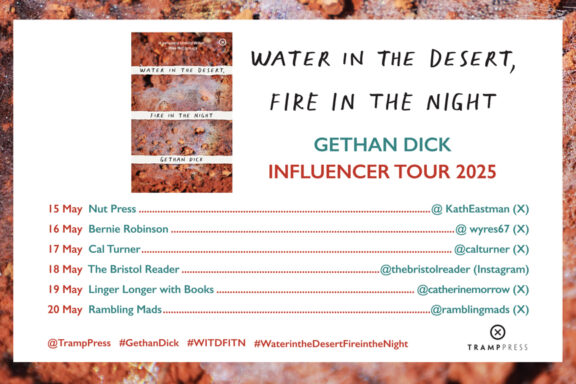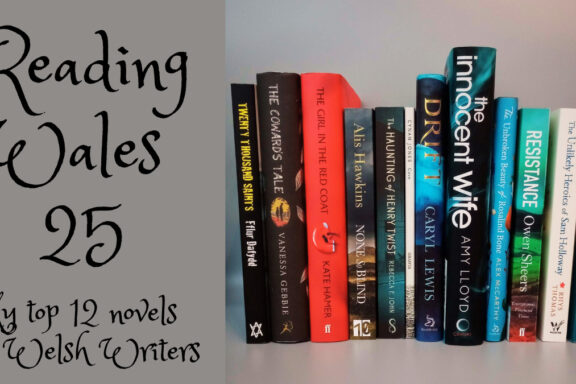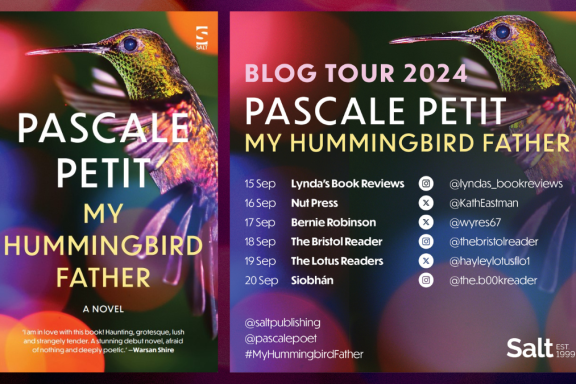 Hausfrau is the German word for housewife so at first glance this isn’t a book likely to appeal to me. But it’s an English-language novel using the title and that piqued my interest. Besides, ever since almost missing out on Emma Chapman’s excellent How to Be a Good Wife, which is now a firm favourite, I’m wary of discounting wifey books. They may turn out to be as involving a read as Emma Chapman’s book and it would be a shame to miss out on something equally surprisingly different and satisfying.
Hausfrau is the German word for housewife so at first glance this isn’t a book likely to appeal to me. But it’s an English-language novel using the title and that piqued my interest. Besides, ever since almost missing out on Emma Chapman’s excellent How to Be a Good Wife, which is now a firm favourite, I’m wary of discounting wifey books. They may turn out to be as involving a read as Emma Chapman’s book and it would be a shame to miss out on something equally surprisingly different and satisfying.
Anna Benz, an American in her late-thirties, lives with her Swiss husband, Bruno – a banker – and their three young children, in a postcard-perfect suburb of Zürich.
Though she leads a comfortable life, she is falling apart inside. Adrift and increasingly unable to connect with Bruno, or even her own feelings, Anna tries to rouse herself with new experiences: German language classes, Jungian analysis, and a series of sexual affairs she enters with an ease that surprises her.
But she soon finds that she can’t easily extract herself from these relationships. Having crossed a moral threshold, Anna will discover where a woman goes when there is no going back . . .
I can see some readers not having much sympathy for Anna, given her lifestyle at the beginning of Hausfrau. She seems to have it all although none of it makes her happy or fulfilled. Any problems she has appear to be first-world middle-class ones, hard to relate to and insignificant in the grand scheme of things, with her reaction to them increasingly difficult to predict or understand, let alone condone or excuse. And, even if you don’t know your classics, there’s enough foreshadowing to make the outcome pretty obvious from early on in Hausfrau.
What struck me about Hausfrau, though, is how much the author has chosen to isolate her main character: Anna’s an ex-pat American living in Switzerland with her Swiss husband and three children. It sounds idyllic, living in the land of cuckoo clocks and chocolate, but in a country known for its cleanliness and efficiency, where things literally run like clockwork, Anna’s slowly unravelling which is bound to be messy. She doesn’t work, while Bruno her husband works a lot; she has an uneasy relationship with her mother-in-law who lives close enough to babysit but too close for Anna’s mental well-being, given their testy relationship; and she struggles with the language. You can begin to feel some sympathy for her, while also seeing ways in which she could take steps to improve her situation. Some of which she does, in the case of language lessons and seeing a therapist. The affairs became tedious for both me and Anna but it was refreshing to see a woman’s sexual freedom explored, and in graphic scenes.
The author doesn’t seem to want or need Anna to be likeable: she plants us firmly in Anna’s head throughout and yet, despite this, it took me a while to figure out what was going on in there, while it becomes an increasingly uncomfortable place to be. Just as for Anna herself, there seems no escape and I felt compelled to read on, no matter how destructive Anna became, because that all too human compulsion to watch someone or something imploding before my very eyes kicked in. Thanks to Jill Alexander Essbaum’s writing, I felt more involved than I otherwise would have, though, because Anna’s real struggle is in her mind, and it’s there the reader needs to be to even have a chance of understanding some of what manifests itself in her behaviour. Hausfrau helped me part way towards a better understanding of what it feels like to suffer the mental health issues Anna does. Although I struggled to see the use or benefit in her Jungian therapy sessions and screamed in frustration at one point towards the end.
Hausfrau firmly puts paid to the misconception that apparently having it all brings with it happiness and contentment; instead, it takes a more nuanced look at a woman struggling to cope with modern life and her own mental health, and how ill-equipped the rest of society is to understand and help her in that.
Hausfrau by Jill Alexander Essbaum is published by Pan Macmillan in paperback and hardback and as an ebook and audiobook. It’s available from Amazon UK, Audible UK, Foyles, Hive (supporting your local independent bookshop) and Waterstones. I received a review copy from the publisher via NetGalley and won a hardback copy. I’ve bought a paperback copy for the giveaway below.
Leave a comment below if you would like to be in with the chance of winning a paperback copy of Hausfrau.



Me again!
Like you, I wouldn’t ordinarily be drawn to this one but I’ve learned that I don’t always know which books will unexpectedly draw me in.
Hello again! 🙂
Yes, I know what you mean. I was surprised by this one, in a good way.
And it’s yours. Thanks for taking part!